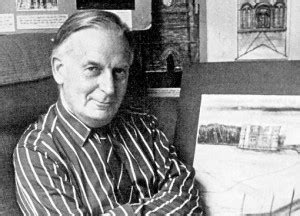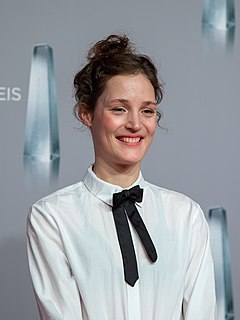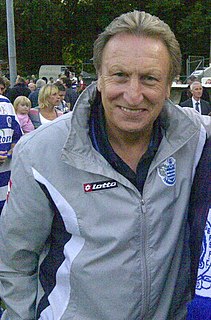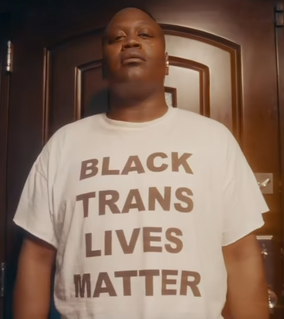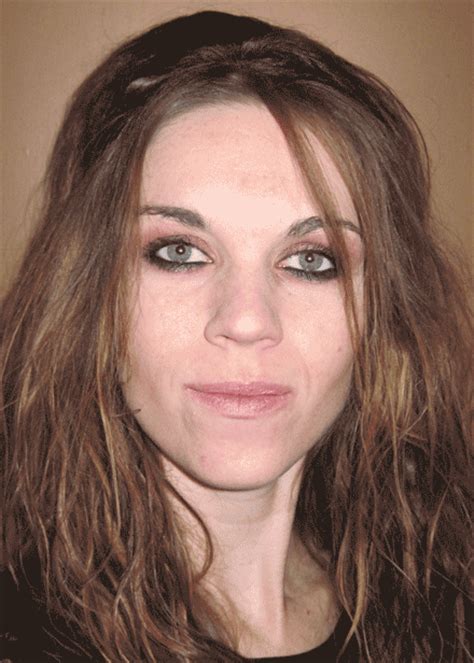A Quote by Andrew Norman Wilson
It had never occurred to Giles that there was something perfectly sensible about wanting to hold onto innocence. He had always gone in for the idea that since we only pass this way once, experience counts for everything.
Related Quotes
He talked a lot about the past, and I gathered that he wanted to recover something, some idea of himself perhaps, that had gone into loving Daisy. His life had been confused and disordered since then, but if he could once return to a certain starting place and go over it all slowly, he could find out what that thing was.
And, at such a time, for a few of us there will always be a tugging at the heart—knowing a precious moment had gone and we not there. We can ask and ask but we can’t have again what once seemed ours for ever—the way things looked, that church alone in the fields, a bed on belfry floor, a remembered voice, a loved face. They’ve gone and you can only wait for the pain to pass.
You shoot this and it always has something of yourself - sometimes it's more and sometimes it's less. I think after the shooting it depends on who your character is. You definitely learn something about yourself, or you get to know sides that you knew you had, but you had never activated or triggered in a way that allowed you to let them out. Bad and good, all of this is in all of us. But you definitely meet another side or a quarter or ten percent of yourself that you had an idea of, but never really knew about.
Once I knew that I wanted to be an artist, I had made myself into one. I did not understand that wanting doesn't always lead to action. Many of the women had been raised without the sense that they could mold and shape their own lives, and so, wanting to be an artist (but without the ability to realize their wants) was, for some of them, only an idle fantasy, like wanting to go to the moon.
Just last night everything had seemed perfect. Well, not perfect. The world was still being tortured with Fey and Lost Souls, but, between Alex and me, everything was amazing. We were connected in every single way possible and not like how we were when we had the Stars energy in us. Everything was raw, breathtaking, moving, blissful. And then poof, once again the feelings are gone. Because hes gone.
It was as if the demise of the owner had lent the flat a physical void it hadn't had before. At the same time he had the feeling that he wasn't alone. Harry believed in the existence of the soul. Not that he was particularly religious as such, but it was one thing which always struck him when he saw a dead body: the body was bereft of something...the creature had gone, the light had gone,there was not the illusory afterglow that long-since burned-out stars have. The body was missing its soul and it was the absence of the soul that made Harry believe.
As a child, what I was missing was so much bigger to me than what I had. My mother-mythic, imaginary-was a deity and a superhero and a comfort all at once. If only I'd had her, surely, she would have been the answer to every problem; if only I'd had her , she would have been the cure for everything that ever had gone wrong in my life.
I don't know when the idea of suicide first occurred to me. In some ways, it had been in the back of my mind for years. Yet, oddly, I would never have thought of it as an option. It was the perceived lack of options-the final, unacceptable solution to a grave and insoluble dilemma. I had always thought of it in the same way: If all else fails, if I have nowhere else to turn, I can do this.
I had studied Irish history. I had read speeches from the dock. I had tried to fuse the vivid past of my nation with the lost spaces of my childhood. I had learned the battles, the ballads, the defeats. It never occurred to me that eventually the power and insistence of a national tradition would offer me only a new way of not belonging.
But they had, perversely, been living among people who were peering into the wrong end of the telescope, or something, and who had convinced themselves that the opposite was true - that the world had once been a splendid, orderly place...and that everything had been slowly, relentlessly falling apart ever since.


